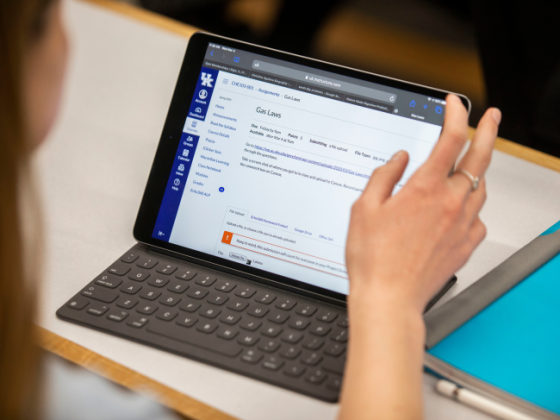Plagiarism
All academic work, written or otherwise, submitted by students to their instructors or other academic supervisors, is expected to be the result of their own thought, research or self-expression. In cases where students feel unsure about a question of plagiarism involving their work, they are obliged to consult their instructors on the matter before submission. When students submit work purporting to be their own, but which in any way borrows ideas, organization, wording or content from another source without appropriate acknowledgment of the fact, the students are guilty of plagiarism.
Plagiarism includes reproducing someone else's work (including, but not limited to a published article, a book, a website, computer code or a paper from a friend) without clear attribution. Plagiarism also includes the practice of employing or allowing another person to alter or revise the work which a student submits as their own, whoever that other person may be, except under specific circumstances (e.g. Writing Center review, peer review) allowed by the Instructor of Record or that person’s designee. Plagiarism may also include double submission, self-plagiarism or unauthorized resubmission of one’s own work, as defined by the instructor.
Students may discuss assignments among themselves or with an instructor or tutor, except where prohibited by the Instructor of Record (e.g. individual take-home exams). However, the actual work must be done by the student, and the student alone, unless collaboration is allowed by the Instructor of Record (e.g. group projects). When a student's assignment involves research in outside sources or information, the student must carefully acknowledge exactly what, where and how they have employed them. If the words of someone else are used, the student must put quotation marks around the passage in question and add an appropriate indication of its origin. Making simple changes while leaving the organization, content and phraseology intact is plagiaristic. However, nothing in this AR shall apply to those ideas which are so generally and freely circulated as to be a part of the public domain.
Common Knowledge
Common knowledge does not require citations. If a student is in doubt about whether a source needs to be cited, ask the course instructor before submitting the assignment or a draft of the assignment. Drafts of assignments may be charged with plagiarism.
